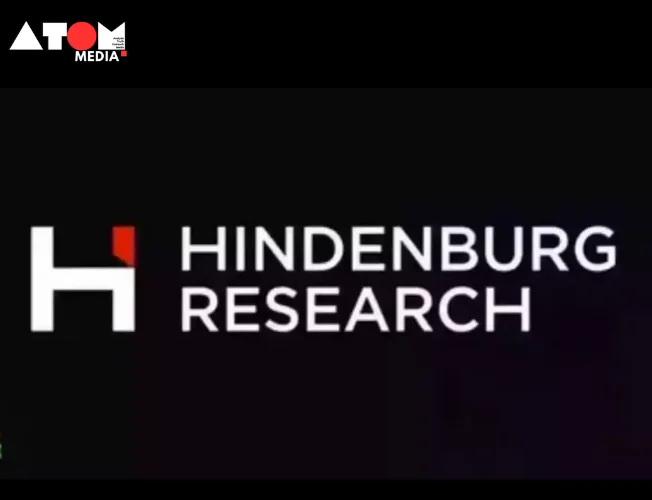Hindenburg Research Alleges Accounting Manipulation at Super Micro Computer
In a recent development, Hindenburg Research, a US-based activist short seller, has accused Silicon Valley server manufacturer Super Micro Computer of significant accounting manipulation and evading sanctions. The detailed report, released on August 29, 2024, has led to a dramatic 19.02% drop in Super Micro Computer’s Nasdaq-listed shares.
Key Allegations and Market Impact
The Hindenburg Research report highlights several critical issues concerning Super Micro Computer, which has been a prominent player in the high-performance server and storage solutions market. The report alleges “accounting red flags” and evidence of undisclosed related-party transactions. Additionally, it points to failures in adhering to sanctions and export controls, as well as various customer-related issues.
The accusations come at a time when Super Micro Computer’s stock had nearly doubled in value earlier this year, partly due to its successful integration of AI chips in collaboration with Nvidia. However, the company’s past issues are not forgotten. It was delisted in 2018 for failing to file financial statements and faced SEC charges for over $200 million in improperly recognized revenue and understated expenses.
Detailed Findings and Implications
According to the report, Super Micro Computer engaged in circular transactions involving related-party suppliers such as Ablecom and Compuware. These suppliers, part-owned by CEO Charles Liang and controlled by his family, received approximately $983 million from the company over the past three years, raising concerns about the legitimacy of these transactions.
The report also criticizes Super Micro for exporting high-tech components to Russia, despite US sanctions affecting many companies that handle its products. Furthermore, the company’s joint venture with the Chinese state-run company Fiberhome, which has been linked to human rights abuses, adds to the controversy.
Super Micro’s issues extend beyond financial discrepancies. The company reportedly made undisclosed investments in tech startup Lambda Labs and entered into a $600 million lease contract for a California data center, sub-leasing space to Lambda. Additionally, there are allegations of undisclosed transactions with companies like Leadtek and a Turkish shell company.
Hindenburg Research and Market Reactions
Hindenburg Research is known for its investigative reports that often lead to significant market reactions. By taking a short position on Super Micro Computer’s stock, Hindenburg Research aims to capitalize on the anticipated drop in share prices following these revelations. A short position involves borrowing shares to sell at the current market price, with the intention of buying them back at a lower price after the market price falls, thus profiting from the decline.
Super Micro Computer’s Response
Super Micro Computer, founded in 1993 and headquartered in San Jose, California, has not yet publicly addressed the allegations detailed in the Hindenburg report. As the company faces scrutiny and its stock price continues to fluctuate, stakeholders and investors will be closely watching for further developments and official responses from the company.
This situation underscores the importance of transparency and ethical practices in the corporate world, especially for major players in the technology sector. As the investigation unfolds, the impact on Super Micro Computer’s market position and reputation remains to be seen.
Read more: Marketing News, Advertising News, PR and Finance News, Digital News





